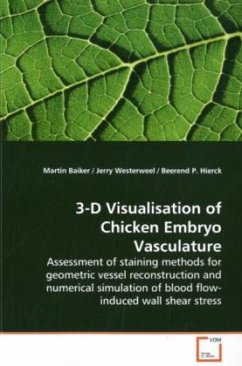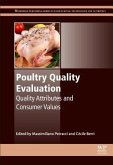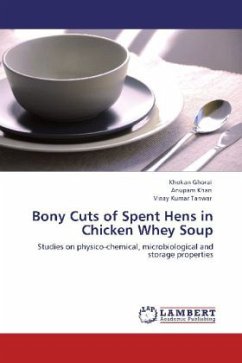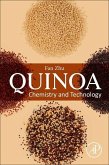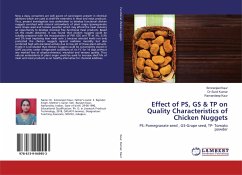Shear stress responsive genes in the vessel walls of
the developing chicken embryo have a large impact on
the development of the vasculature. To investigate
the effect of altered blood flow on vessel formation,
blood velocity profiles have to be known close to the
vessel walls. However, the determination of the exact
vessel geometry is difficult, because the vessels are
very small (10 to 250 micrometres) and almost
transparent. This thesis investigates several
possibilities to stain the endothelium (the cell
layer at the inner boundary of a vessel) of chicken
embryo vasculature, using animals after 2-4 days of
incubation (HH14-17), in order to make it visible
with fluorescence microscopy. The most suitable
staining methods are subsequently used to stain the
endothelium of HH14 chicken embryo hearts and 3D
datasets are acquired by means of confocal
microscopy. Based on these datasets, geometric modelsare reconstructed and, using a numerical flow
simulation package, blood flow-induced wall shear
stress distributions are determined. Subsequently,
the results of the simulations are related to recent
research data about expressions of shear stress
responsive genes of the endothelium.
the developing chicken embryo have a large impact on
the development of the vasculature. To investigate
the effect of altered blood flow on vessel formation,
blood velocity profiles have to be known close to the
vessel walls. However, the determination of the exact
vessel geometry is difficult, because the vessels are
very small (10 to 250 micrometres) and almost
transparent. This thesis investigates several
possibilities to stain the endothelium (the cell
layer at the inner boundary of a vessel) of chicken
embryo vasculature, using animals after 2-4 days of
incubation (HH14-17), in order to make it visible
with fluorescence microscopy. The most suitable
staining methods are subsequently used to stain the
endothelium of HH14 chicken embryo hearts and 3D
datasets are acquired by means of confocal
microscopy. Based on these datasets, geometric modelsare reconstructed and, using a numerical flow
simulation package, blood flow-induced wall shear
stress distributions are determined. Subsequently,
the results of the simulations are related to recent
research data about expressions of shear stress
responsive genes of the endothelium.

